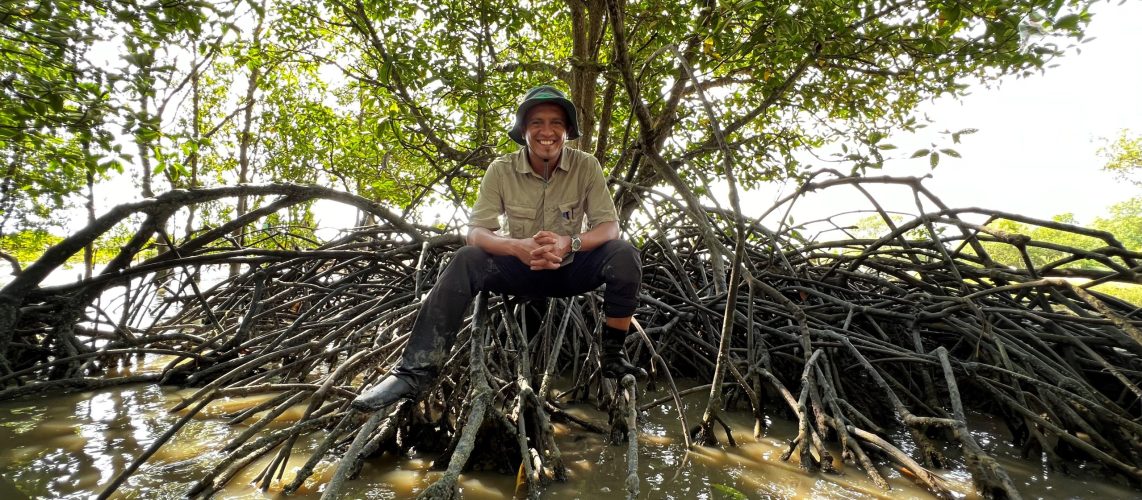This article has been published in the New Straits Times on 28 December 2021.
MANY blamed the recent floods on the prolonged rain and saw it simply as a natural disaster, but there is definitely more to it than meets the eye.
All the flood-affected areas have lost much of their important green lungs and buffers in the past decades. Forests and wetlands that play important roles in absorbing and regulating water and runoffs have depleted significantly to give way to physical and socio-economic developments.
This explains the disruption in the sustainability formula that requires the triple bottom lines — the environment, economy and social wellbeing — to be concurrently prioritised.
Another key aspect was the serious weakness in the governance of sustainability. We have taken things for granted. The environment was not given priority. We have not taken science and systematic projections seriously.
We did not care about the importance of data and the analytics that could provide substantial information for detection, early warnings and response systems.
Inaction was so apparent with the uncoordinated response or, more appropriately, no proper response. This would not have happened if we had sustainability, environmental sustainability in particular, as our top priority.
If we did, it would surely be reflected in the strict enforcement of environmental-related policies, laws and development plans. Protected and environmentally sensitive areas would not be encroached on to give way to physical development.
As a tropical country, we would see green areas, natural habitats, forests and wetlands flourish to absorb and regulate water, carbon and other greenhouse gases.
Being in a biogeographically strategic area and out of the Pacific Ring of Fire, the monsoons are the only bad weather event that Malaysia have to cope with.
Yet, we can’t manage them properly even after all these years. Floods are becoming more damaging everywhere, and flash floods more regular in urban areas. What more with the vicious effects of global climate change.
Waste and litter are other contributors to the floods. Bear in mind that anywhere we stand in Malaysia, we are located in a river basin system.
Every loose litter flows into the drain and will be channelled into the river and ultimately reach an estuary and the ocean.
We must, therefore, rectify our runoff and storm-water management system to ensure zero-clogging from litter and industrial and municipal wastes, and safeguard balanced transaction of water from seaward and landward directions.
All remaining forests and wetlands must be protected, and the degraded ones restored. The value of natural habitats and ecosystems must be fully understood. The value of forests, for example, must be measured beyond the price of timber.
They are water catchment areas that capture, absorb and regulate water. We can no longer perceive wetlands as wastelands as they provide huge ecosystem services for nature and for all humans.
There must be a paradigm shift in the way we promote development. Exploiting green areas and other natural habitats and ecosystems must be avoided. Instead, revisit ongoing and abandoned developments of the past.
Plus, development plans must take into account climate projections based on scientific data and evidence.
Vulnerable areas, low-lying coastlines in particular, must be avoided. It is irresponsible to allow construction and sale of land, homes or business premises, knowing that the area would be inundated permanently in the near future.
Retreating from occupying and developing future climate disaster-prone areas is an important measure of adaptation. This is to ensure the survival and sustainability of communities by a responsible government.
It is definitely the time to pay serious attention to these environmental and sustainability issues. We must revamp the way we perceive our environment, natural surroundings, habitats and resources. Prioritise environmental governance and put it at the core of our business as usual.
Environmental and natural resources, climate change and sustainability must be a high priority at federal, state and local levels.
These portfolios should be ranked the same as the economic, finance and social welfare portfolios in the cabinet, if not higher, as they ultimately determine the overall wellbeing of our country.
We can no longer afford to be complacent and jeopardise our future and sustainability for non-sensible short-term economic and political gains. It is too risky to the current generation, more so to future generations.

